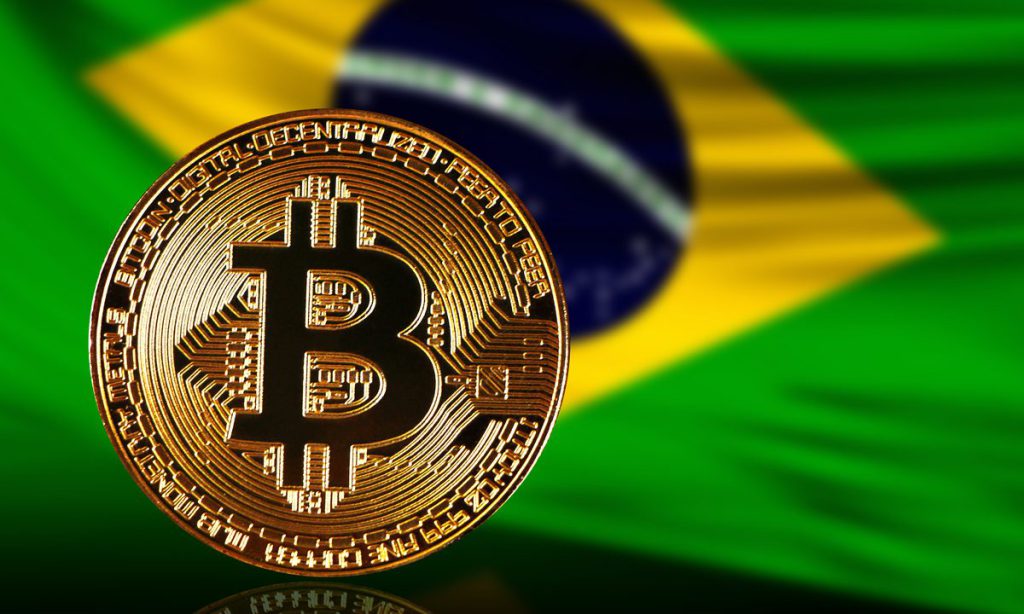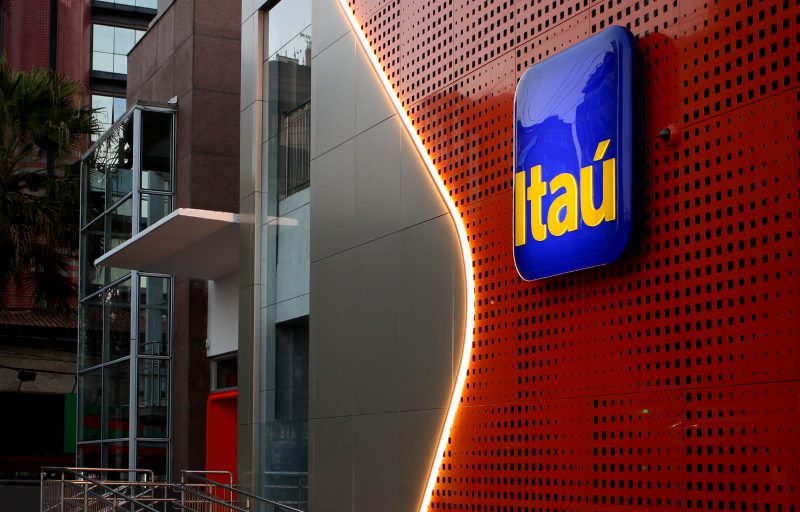In a massive moment for the digital asset industry, Brazil’s largest bank, Itau Unibanco, has officially launched crypto trading services. Indeed, Reuters reported that the bank has unveiled the offering to clients of its investment platform. Subsequently, they are the most recent Brazilian institution to enter the digital asset market.
The lender was originally reported to only offer trading of Bitcoin (BTC) and Ethereum (ETH). However, that appears to be changing, as the lender’s digital asset head, Guto Antunes, noted their willingness to increase the trading options over time.
Also Read: Brazil’s Cryptocurrency Tax Overhaul: Overseas Holdings Face Scrutiny
Brazil’s Itau Unibanco Unveils Crypto Trading
With just a month left in 2023, the year has certainly been a positive one for the digital asset sector. Following the horrendous fallout of the FTX collapse, the industry rebounded massively. Now, a host of countries are seeking an entry point into the growing market. Subsequently, one of the largest banks in a key South American region is getting in on the potential.
Specifically, Brazil’s largest bank, Itau Unibanco, has launched its very own crypto trading services. Indeed, it is the latest local entity to take part in the emerging market. Last week, OKX discussed the burgeoning market that Brazil could offer, with the local financial entity now taking part.


Also Read: OKX Sets Sights on Brazil With Crypto Exchange and Wallet
Although initial reports signaled the trading of Bitcoin only, that may not be the case. The bank has discussed its intention to offer more trading options than just Bitcoin and Ethereum “It starts with Bitcoin, but our overarching strategic plan is to expand to other crypto assets in the future,” Antunes stated.
The development allows Itau to compete with other Brazilian entities operating in the digital asset space. Moreover, it presents the country as a blossoming hub for potential digital asset activity and company presence. Conversely, Itau has assured its ability to compete in the market due to its ability as a custodian, and to safeguard user assets.





